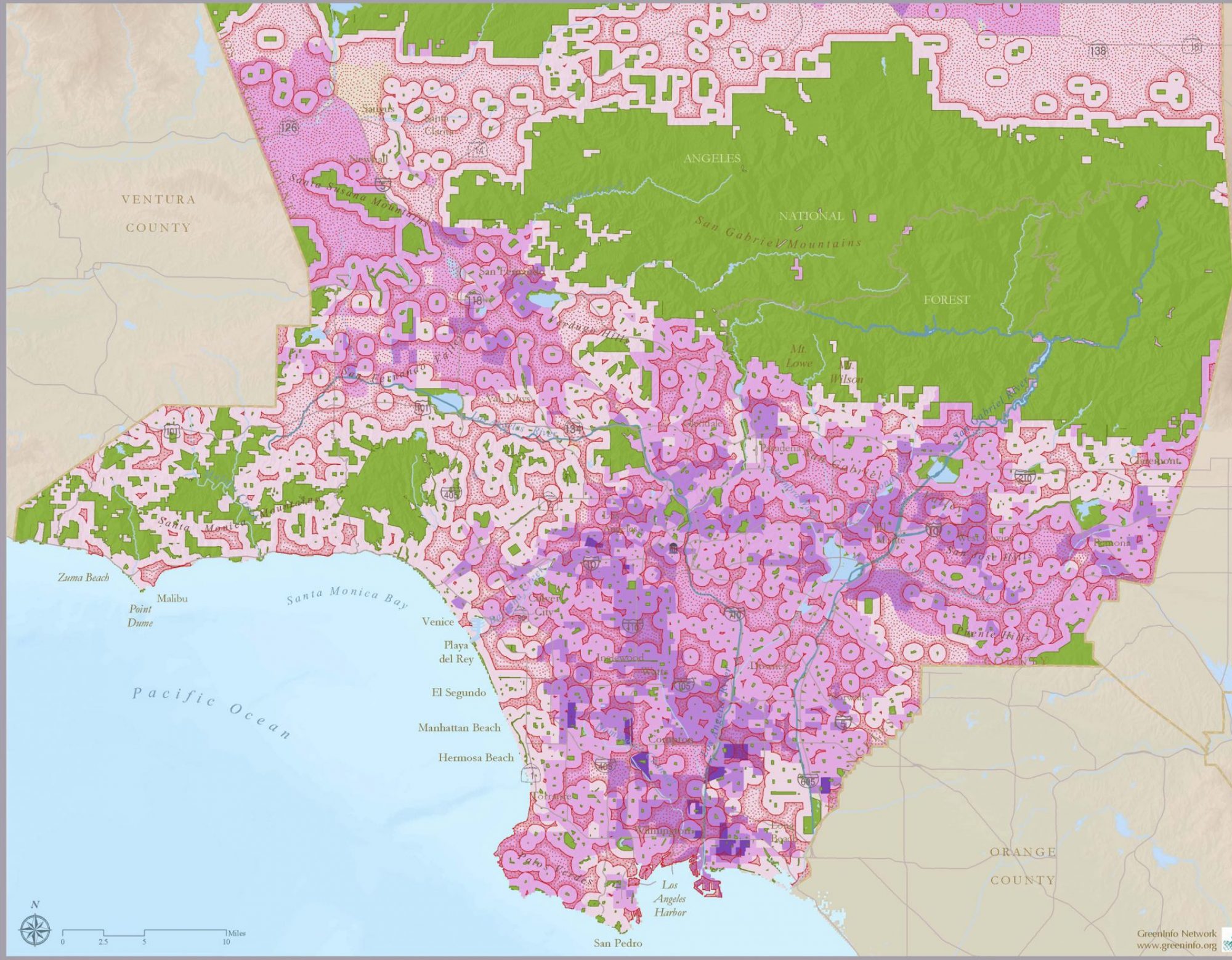The 4KEEPS Project
 This project is a collaboration with Dr. Lauren Brookman-Frazee at UCSD. Supported by grants from NIMH, we have been studying factors associated with the sustained use of evidence-based practices (EBPs) for children within a system-driven implementation in the Los Angeles County by Department of Mental Health. We have also been developing pragmatic assessments of therapist delivery of EBP strategies in this context. Visit https://4keeps.psych.ucla.edu for more information.
This project is a collaboration with Dr. Lauren Brookman-Frazee at UCSD. Supported by grants from NIMH, we have been studying factors associated with the sustained use of evidence-based practices (EBPs) for children within a system-driven implementation in the Los Angeles County by Department of Mental Health. We have also been developing pragmatic assessments of therapist delivery of EBP strategies in this context. Visit https://4keeps.psych.ucla.edu for more information.
Addressing Disparities in School Based Mental Health Services
School-based mental health services hold the promise of reducing access  barriers for youth and families. However, our research indicates that students of color remain underserved in this sector of care. In partnership with multiple local school districts, we have examined the effectiveness of screening interventions and indicated preventive interventions for ethnic minority students. These projects have been in collaboration with Dr. Joey Fung (Fuller Graduate School of Psychology) and Dr. Laurel Bear (formerly with Alhambra Unified School District).
barriers for youth and families. However, our research indicates that students of color remain underserved in this sector of care. In partnership with multiple local school districts, we have examined the effectiveness of screening interventions and indicated preventive interventions for ethnic minority students. These projects have been in collaboration with Dr. Joey Fung (Fuller Graduate School of Psychology) and Dr. Laurel Bear (formerly with Alhambra Unified School District).
SAFETY-A in Schools
In collaboration with Drs. Joan Asarnow (UCLA Semel Institute), David Goldston (Duke School of Medicine), and Laurel Bear (LACDMH) we will adapt Safe Alternatives for Teens and Youths – Acute  (SAFETY-A) for implementation in low resourced school districts to reduce racial/ethnic disparities in mental health service use (MHS) following identification of suicide risk in youth. SAFETY-A will be adapted to fit the organizational context of school districts, and to reduce mistrust of MHS, internalized stigma, and concealment of youth distress that can arise in school suicide risk assessments with students from diverse groups. A stepped wedge cluster randomized trial will randomize four districts to the timing of SAFETY-A implementation to generate preliminary data on feasibility and impacts on proposed mechanisms and youth MHS use and clinical outcomes across racial/ethnic groups.
(SAFETY-A) for implementation in low resourced school districts to reduce racial/ethnic disparities in mental health service use (MHS) following identification of suicide risk in youth. SAFETY-A will be adapted to fit the organizational context of school districts, and to reduce mistrust of MHS, internalized stigma, and concealment of youth distress that can arise in school suicide risk assessments with students from diverse groups. A stepped wedge cluster randomized trial will randomize four districts to the timing of SAFETY-A implementation to generate preliminary data on feasibility and impacts on proposed mechanisms and youth MHS use and clinical outcomes across racial/ethnic groups.
Project STRIVE
Students from minoritized groups who ‘strive’ to rise above adversity to achieve academic success are considered ‘resilient’. However, what it takes to be resilient academically can sometimes come with some costs to health and mental health. The same self-regulation skills that promote achievement amid chronic stress can also result in physiological dysregulation that harms health and mental health. Successful racial/ethnic minority students with a “striving persistent behavioral style” often show patterns of emotion suppression and unmodulated high effort coping that can produce wear and tear that fuels health disparities. Project STRIVE (STudents RIsing aboVE) will identify students who are academically resilient in the face of disadvantage and will offer a tailored mindfulness intervention to interrupt the links between the striving persistent behavioral style and negative health outcomes. The study  will test whether the STRIVE intervention can impact self-regulation mechanisms to promote student health and mental health, while preserving academic resilience.
will test whether the STRIVE intervention can impact self-regulation mechanisms to promote student health and mental health, while preserving academic resilience.
